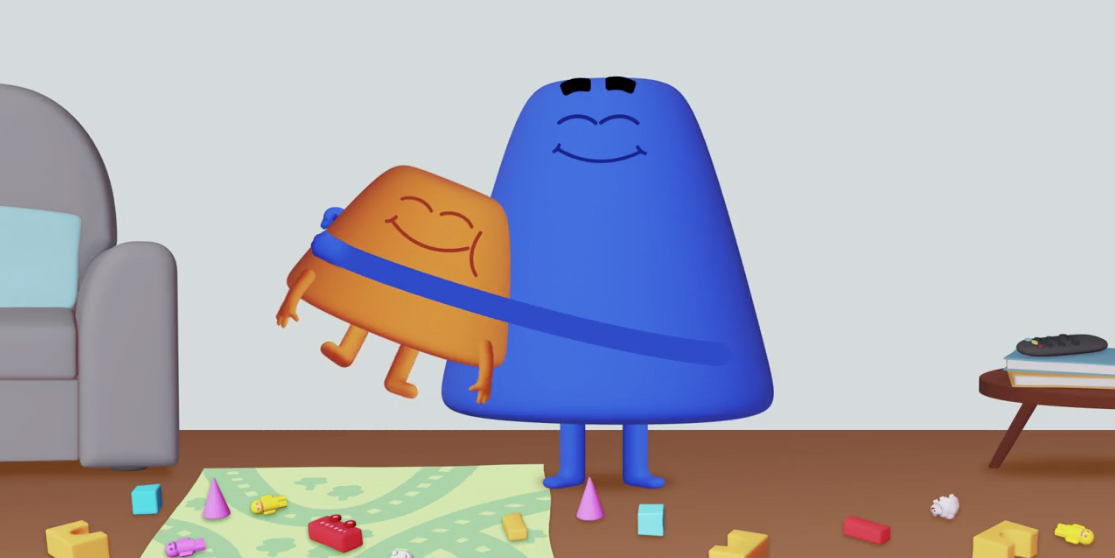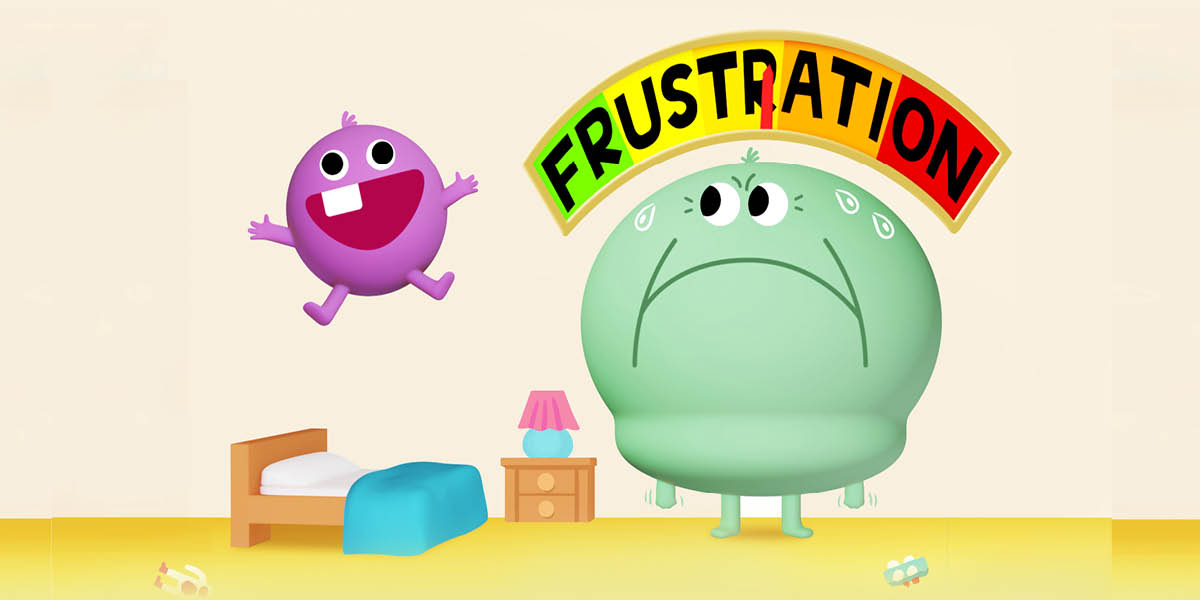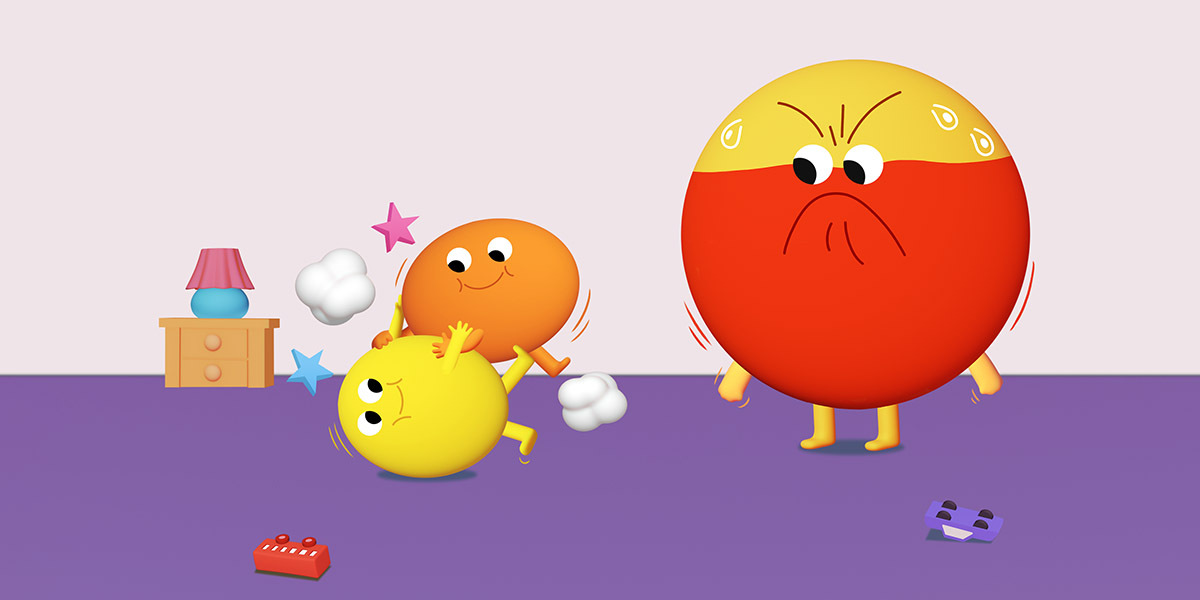Being a parent is one of the most rewarding jobs in the world but it takes time and patience to build your relationship with your child, here are our tips to help.
Creating a loving relationship with your child
The better you and your child get on the less likely you are to argue. It isn’t always easy, and takes time and energy which can be in short supply when you’re a parent. Just getting through the day is a mission in itself. But there are things you can do to help.
- Talk when you’re travelling. A walk to school or trip in the car is a great time to ask them questions and find out what they are interested in.
- Ask their opinion. Giving them the freedom to choose some things lets them know you value what they think.
- See things from their point of view. Remember how it felt to be a child – it might help you understand them better.
- Think of fun things you can do together. You might be busy keeping the household going, but make time to have a laugh and play games with them when you can.
Rules and rewards
It can be difficult knowing how strict or relaxed to be with your child. But the most important thing is to be consistent. We all want our children to be happy, but giving them too much of what they want doesn’t help. Boundaries help them feel safe, even if they don’t know it. Here are some tips on creating clear rules and rewards with your child:
- Set clear house rules. Make sure they know what is off limits like hitting, shouting, or using screens at meal times.
- Set clear consequences. If you react fairly and in the same way whenever they do something wrong, they’re more likely to stop doing it.
- Remember to notice when they’re being good. It's often easier to notice when they’re bad than when they’re good, but try to pay attention to the smaller good things they do. Like hanging their coat up, or saying please and thank you.
- Recognise good behaviour. Letting your child know they were good with a hug or some praise will make them feel good.
- Set clear rewards. It's important to be consistent when they’re being good, so don’t be tempted to give extra rewards. Having these in place helps everyone not to spoil them.
What parents say
“My kids are meant to tidy their rooms every weekend. If they do, we watch a family movie on Sunday evening. If they don’t, it’s early to bed!”
“We have a ‘no phones when we’re eating’ rule – if you break the rule, you have to do the dishes. This applies to grown-ups as well as kids.”
“We use sticker charts – my three-year-old loves collecting stickers, so that’s a reward on its own!”
Looking after yourself
When we’re busy raising children we often put ourselves last. But it is easier to look after them if we look after ourselves too. Here are somethings you can do to help yourself:
- Talk to your partner, friends, or family. It helps to talk about how you’re feeling. Speaking to other adults can help give you perspective and they might have advice to offer as well.
- Make time just for you each week. It’s important to take some time for you. It could be a bath, a movie you want to watch, or having a cup of tea with a pal.
- Try to get enough sleep. This might feel impossible at times, but even going to bed a little earlier could make a difference.
- Stay active. You don’t need to join a gym, a walk helps to keep your body and mind active and reduce your stress.
Remember that you’re not alone – all of us struggle from time to time. Talk to someone you trust, like a partner, friend, family member, health visitor or your GP. If you don’t want to talk to someone you know, you can also chat to Children First's support line or further support is available in our Family Support Directory.
What if I don’t get it right?
Staying calm when you’re wound up takes practice, so don’t be hard on yourself if you don’t always get it right. All parents lose their temper sometimes, but you can set a positive example to your child by saying sorry if you do.
We know that being a parent is a tough job, and we’re all trying to do our best.
There is also a law in Scotland which means that it is illegal to use any form of physical punishment on your child. You can find more information on this law here.
Free Solihull Approach Online courses for parents and carers
We know you’ve probably got a lot on your plate at the moment, but you might be interested in looking at these free online parenting courses for parents and carers. The Solihull Approach Online courses cover a range of topics and ages from pregnancy to 19+ years. These courses are for everyone, for everyday parenting. They don’t tell you how to parent, that’s up to you. Instead they offer a way to understand what might be going on and space to think about how you want to respond.
You can find out more at www.inourplace.co.uk and access the courses for free using the code TARTAN.
 Activities & Play
Activities & Play Behaviour
Behaviour Childcare
Childcare Development & Growing Up
Development & Growing Up Family, Friends & Relationships
Family, Friends & Relationships Feeding Your Baby
Feeding Your Baby Food & Eating
Food & Eating Health & Safety
Health & Safety Mental Health & Wellbeing
Mental Health & Wellbeing Money & Work
Money & Work Online Behaviour & Safety
Online Behaviour & Safety Pregnancy & First Days
Pregnancy & First Days School & Education
School & Education Sleep
Sleep










 Family, Friends & Relationships
Family, Friends & Relationships
 Mental Health & Wellbeing
Mental Health & Wellbeing